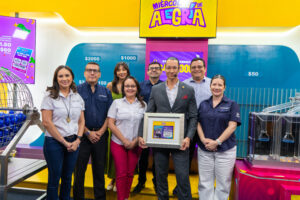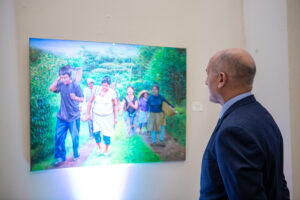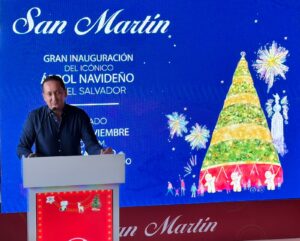The Government of El Salvador inaugurated the San Sebastián Tourist Terminal, a strategic space that not only boosts cultural tourism, but also strengthens the local economy through direct support to artisans and entrepreneurs in the area. This project, led by the Ministry of Tourism in coordination with institutions such as ISTU, CONAMYPE and the Vice Ministry of Diaspora and Human Mobility, seeks to revitalize the historic center of San Sebastian and turn it into a center of attraction for national and international tourists.

The terminal, which has been declared a Cultural Heritage Site, represents an integral investment in territorial economic development. In this new space, visitors will be able to see live the process of hammock weaving, a tradition that is the basis of income for many local families. In addition, areas such as an amphitheater, a playroom and a breastfeeding room have been set up to provide a complete tourist and family experience, thus encouraging visitors to stay and spend more time in the destination.

“This place is a commitment to our artisans, so that the lever loom can once again make a strong comeback and become an engine for development”, said Eny Aguiñada, president of the ISTU. The terminal will serve as a showcase for San Sebastián’s textile products, opening new marketing opportunities and strengthening production chains in the handicrafts sector.
The minister of Tourism, Morena Valdez, emphasized that this type of project not only preserves the cultural heritage, but also generates economic dynamism by creating direct and indirect jobs, as well as promoting local investment in sectors such as commerce, gastronomy and tourism services.
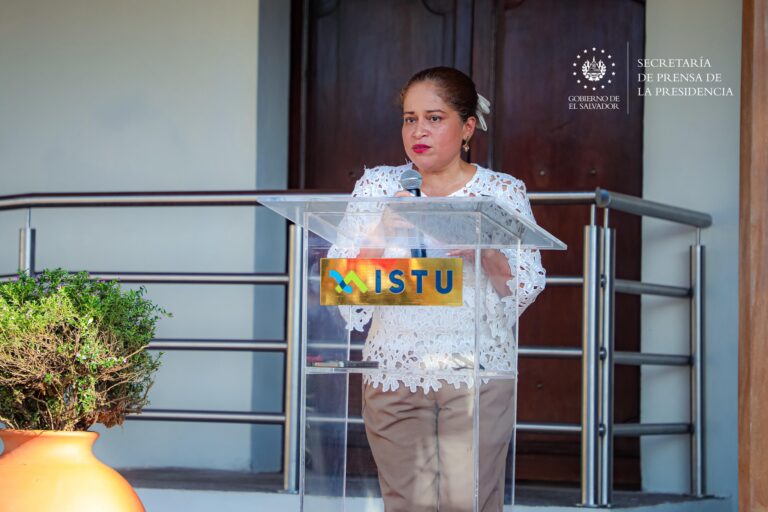
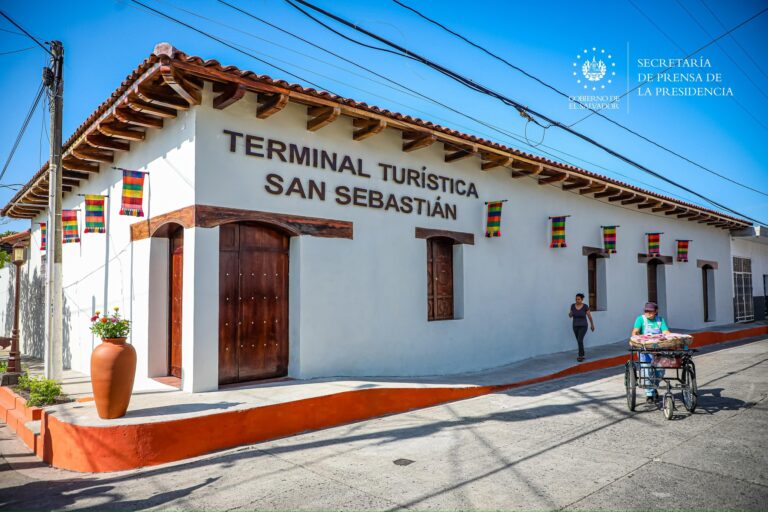
With initiatives such as this one, the Government reaffirms its commitment to transform tourism into a true engine of economic growth, supporting cultural identity, innovation, and the well-being of the communities. The San Sebastián Tourist Terminal is shaping up to be a key point for the upcoming august vacations and a benchmark for sustainable local development.



